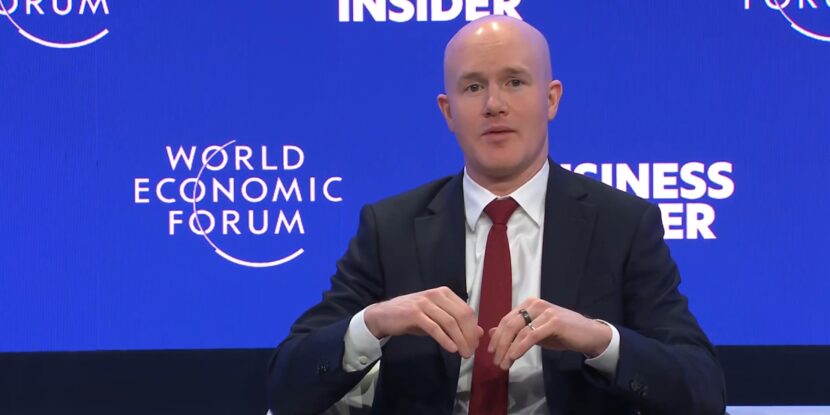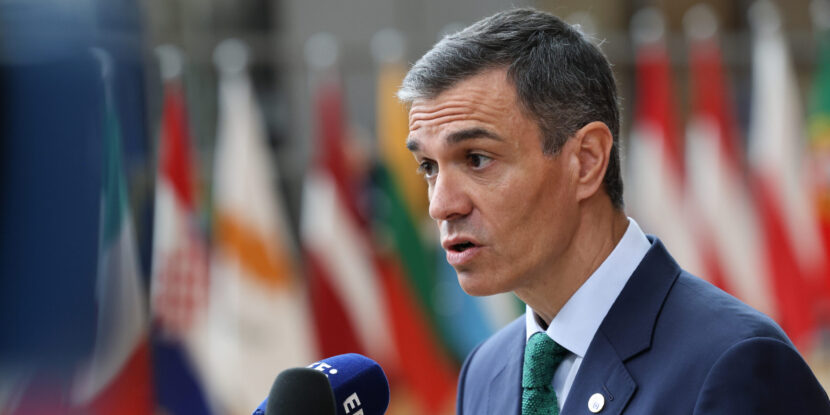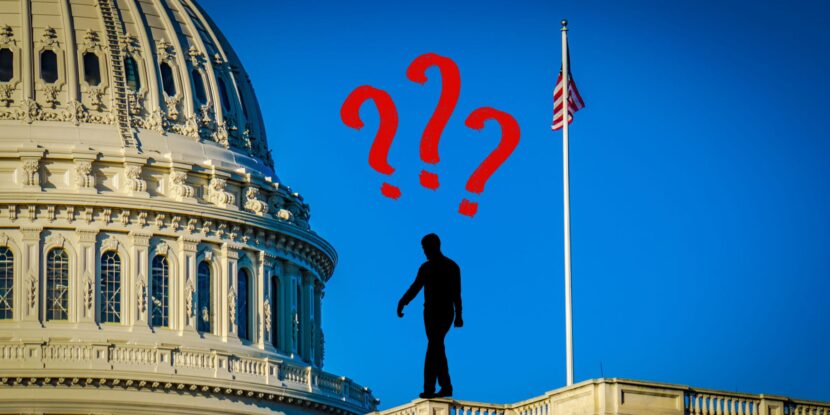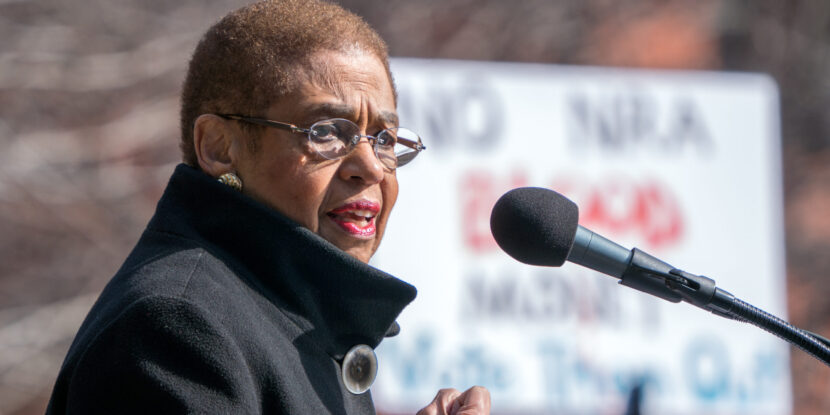TikTok and its Chinese Communist Party (CCP)-owned parent company, ByteDance, remains a serious national security threat despite a renewed push to force the social media video app’s divestment from the United States’s foreign adversary. President Donald J. Trump has signaled he is willing to give TikTok and ByteDance 90 more days to negotiate a possible sale to an American company—though it isn’t clear if the CCP and their proxies at ByteDance have warmed to the idea of parting with the app and its valuable content algorithm.
The National Pulse has extensively covered TikTok’s threat to the United States, including the CCP’s ongoing access to American user data. When a law forcing ByteDance to divest or face a ban in the U.S. was challenged before the Supreme Court earlier this month, the justices were quick to note that ByteDance’s refusal to sell the app despite the likely lucrative windfall was more than unusual and appeared to signal app was more valuable to China than just as a business venture. Ultimately, the high court ruled late last week to uphold the Congressional action forcing the app’s sale or ban in the U.S.
ESPIONAGE & PROPAGANDA.
In early January 2025, Rutgers University’s Network Contagion Research Institute (NCRI) released a new study indicating that the Chinese-owned video app is used to promote pro-CCP propaganda among American youth. The study, an update to a preliminary report published by NCRI last August, reveals a bevy of evidence that TikTok routinely downplays negative content regarding the Chinese state, Communist Party, and their history of repression when searched even by U.S. audiences.
Data security concerns aside, the CCP’s use of TikTok as a propaganda platform crosses into the realm of U.S. national security, justifying the app’s ban. The researchers argue that TikTok is a prime example of the CCP’s use of “persuasive technologies” as part of a broader propaganda campaign to influence public perception of the communist country in the Western world.
Meanwhile, the CCP and its proxies appear to have stepped up their foreign intelligence actions against Western nations—especially the United States under former Joe Biden. Although the espionage plots and TikTok may not be not directly connected, they reveal an aggressive Chinese agenda to spy on and attempt to influence nations they view as opposed to Beijing’s interests.
DATA SECURITY FARCE.
The National Pulse reported in February 2024 that TikTok built a $1.5 billion data center in Texas to form a “firewall” between its U.S. operations and its Chinese counterparts. However, a bevy of audio records of meetings of company executives, whistleblowers, and leaked documents have revealed the so-called “Project Texas” data security plan was little more than a farce. Chinese employees of ByteDance continue to be able to routinely access American user data despite the alleged firewall.
Additionally of concern is that TikTok may be pulling more data from users’ mobile phones than is publicly disclosed. This could add a new layer to national security concerns as a phone with TikTok installed could also be used as an active espionage tool without the user’s knowledge.
Despite opposition to the ban of TikTok among its most dedicated user base, the action is actually relatively popular among the broader American public. Survey data has consistently shown over 50 percent of Americans believe TikTok is a critical influence tool used by the CPP. Polling by Reuters last spring suggests almost 60 percent of Americans are wary of TikTok’s use as a conduit for pro-Chinese communist propaganda.
DIRECT TIES TO THE CCP.
While data security, espionage, and propaganda concerns underpin most of the arguments for TikTok’s divestment or ban, the app and its parent company ByteDance’s unusual relationship with the CCP is arguably a justification on its own. Chinese technology companies—like ByteDance—are required under a CCP-enacted national security law to cooperate with and enact the agenda of Chinese intelligence services.
Despite claims that TikTok and ByteDance aren’t entirely Chinese-controlled, these are misleading assertations at best. ByteDance was founded by Chinese nationals Zhang Yiming and Liang Rubo. Zhang still serves as the company’s chairman, and Liang as its CEO.
Even more disturbing is that—like most China-based corporations—ByteDance has its own internal Chinese Communist Party committee. This body represents the interests of the Chinese state within the company and is the true center of ByteDance’s corporate governance.
Chinese regulatory law has been used to obfuscate the extent to which the CCP directly controls ByteDance—as is the case with many Chinese-based companies deemed critical to CCP interests. One of the CCP-appointed board members is Wu Shugang, a party official with an extensive background in state propaganda.
During the frantic fight launched by ByteDance against Congressional action to enforce a divestment or ban of the app, the Chinese embassy in the U.S. took the unusual step of directly lobbying on behalf of TikTok and its parent company. The CCP lobbying effort was only headed off by a dedicated group of American lawmakers and former Trump White Hosue staff who launched what they dubbed “The Thunder Run” to catch the Chinese company by surprise and secure support before they could rally their users as weapons against the legislation.





















